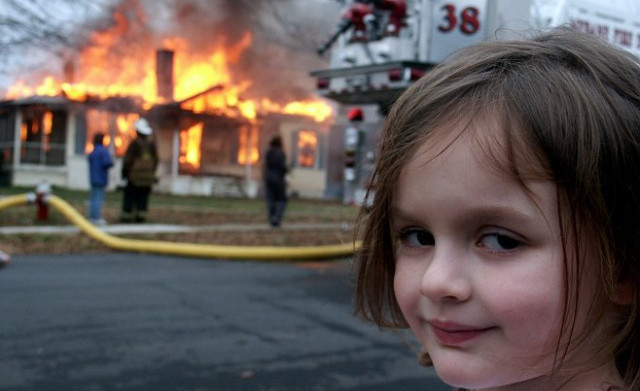What should we make of what people say about why they don’t believe, and how should the Church respond?
According to a report commissioned by the Wilberforce Foundation, just over half (55%) of New Zealanders do not identify with a “main” religion. 35% described themselves has being neither spiritual nor religious, and 33% identify with Christianity.
Along with an increase among those with no religious or spiritual beliefs, the study shows an increase in ignorance about Christianity. More than one in five people know nothing about the Church in New Zealand, and 9% of respondents know no Christians. This growth in non-exposure is reflected in the makeup of the group that does not identify as religious or spiritual. When comparing a person’s current status (religious/none religious) with the home environment in which they were raised, the single largest combination (26% of respondents) is “Never been religious: I was shaped in a non-religious household and am non-religious to this day.”



